Performance and Functional Programming with Rust
Clint Liddick
07/13/2016
Pittsburgh Functional Programming Meetup
HERB

Mathematics provides a framework for dealing precisely with notions of ``what is.'' Computation provides a framework for dealing precisely with notions of ``how to.''
- Structure and Interpretation of Computer Programs
Universal Turing Machine
Von Neumann Architecture
Performance
-
Short response time for a given piece of work
-
High throughput (rate of processing work)
-
Low utilization of computing resource(s)
-
High availability of the computing system or application
-
Fast (or highly compact) data compression and decompression
-
High bandwidth
-
Short data transmission time
worse
better
unacceptable
adds value
adds no value
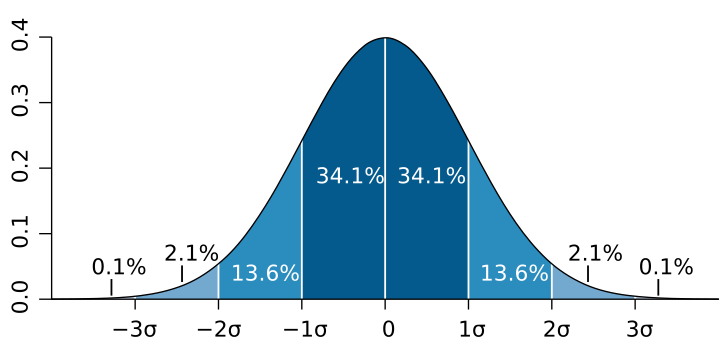






how
what


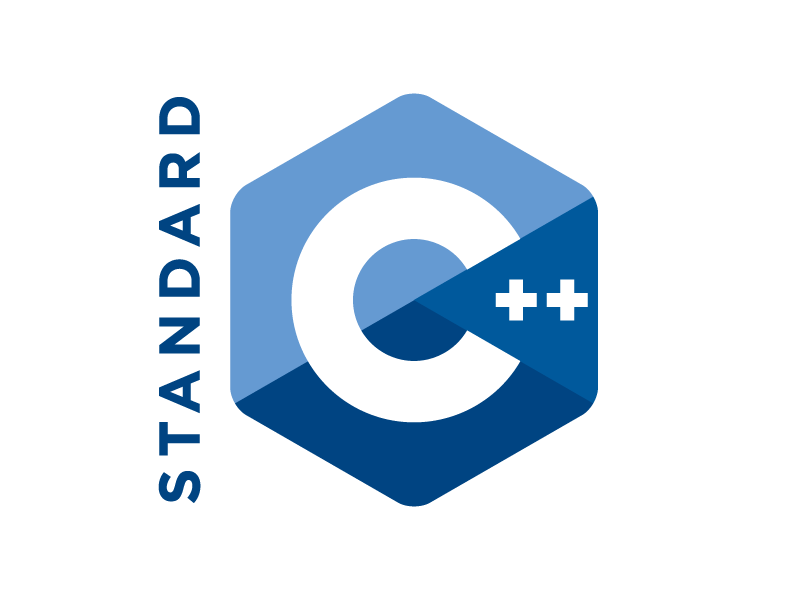





#include <stdio.h>
#include <stdlib.h>
#include <stdbool.h>
bool is_sorted(int *a, int n)
{
while ( --n >= 1 ) {
if ( a[n] < a[n-1] ) return false;
}
return true;
}
void shuffle(int *a, int n)
{
int i, t, r;
for(i=0; i < n; i++) {
t = a[i];
r = rand() % n;
a[i] = a[r];
a[r] = t;
}
}
void sort(int *a, int n)
{
while ( !is_sorted(a, n) ) shuffle(a, n);
}
how
what








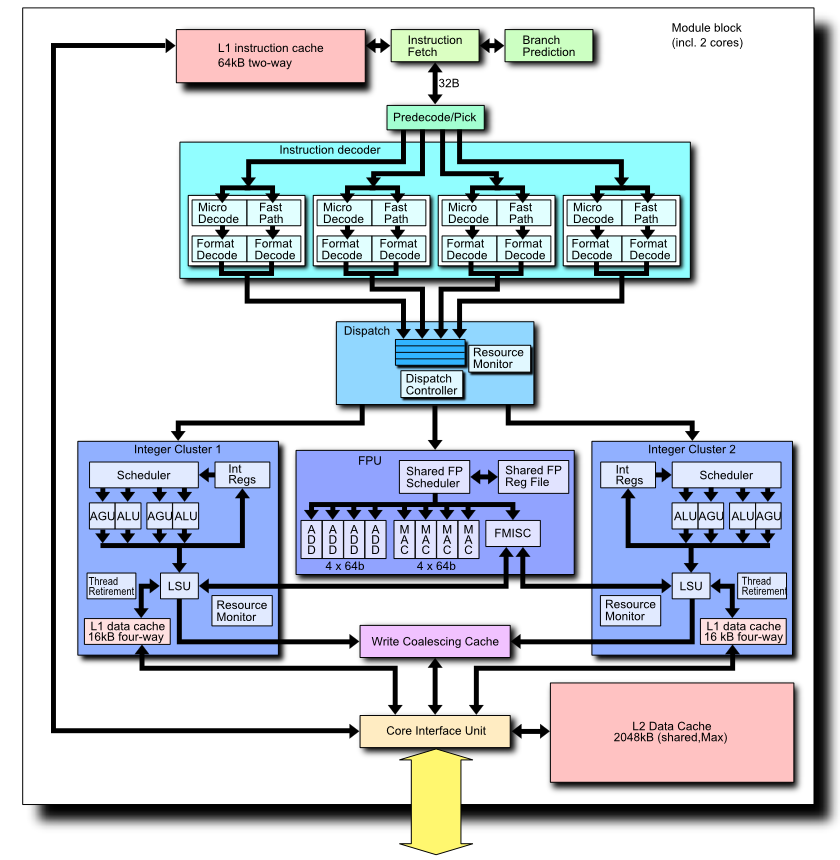
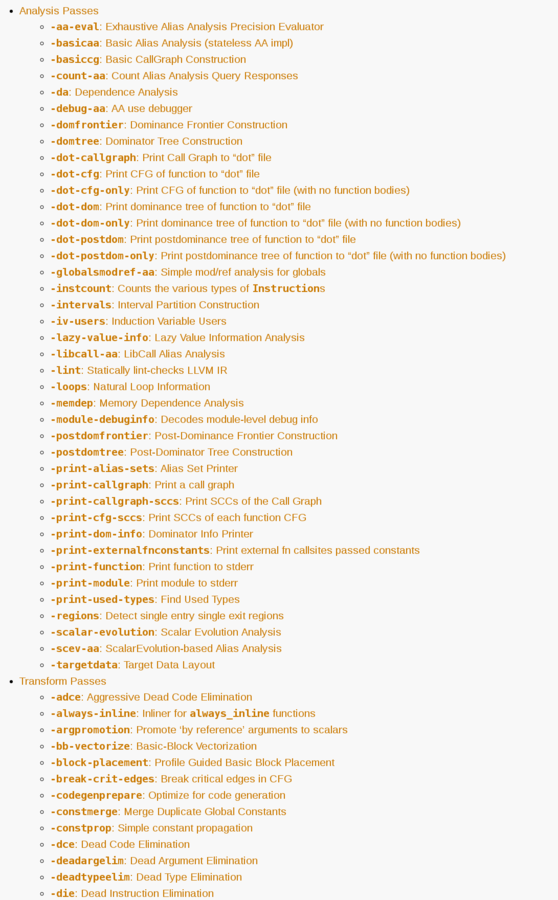
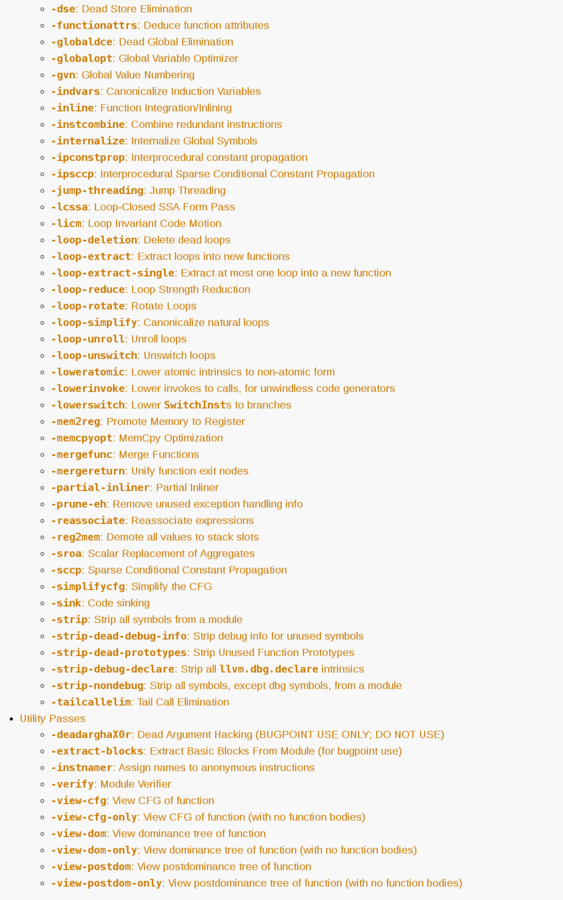
void quick_sort (int *a, int n) {
int i, j, p, t;
if (n < 2)
return;
p = a[n / 2];
for (i = 0, j = n - 1;; i++, j--) {
while (a[i] < p)
i++;
while (p < a[j])
j--;
if (i >= j)
break;
t = a[i];
a[i] = a[j];
a[j] = t;
}
quick_sort(a, i);
quick_sort(a + i, n - i);
}def quickSort(arr):
less = []
pivotList = []
more = []
if len(arr) <= 1:
return arr
else:
pivot = arr[0]
for i in arr:
if i < pivot:
less.append(i)
elif i > pivot:
more.append(i)
else:
pivotList.append(i)
less = quickSort(less)
more = quickSort(more)
return less + pivotList + morefn quick_sort<T>(v: &mut [T], f: &OrderFunc<T>) {
let len = v.len();
if len < 2 {
return;
}
let pivot_index = partition(v, f);
// Sort the left side
quick_sort(&mut v[0..pivot_index], f);
// Sort the right side
quick_sort(&mut v[pivot_index + 1..len], f);
}
fn partition<T>(v: &mut [T], f: &OrderFunc<T>) -> usize {
let len = v.len();
let pivot_index = len / 2;
v.swap(pivot_index, len - 1);
let mut store_index = 0;
for i in 0..len - 1 {
if f(&v[i], &v[len - 1]) {
v.swap(i, store_index);
store_index += 1;
}
}
v.swap(store_index, len - 1);
store_index
}qsort [] = []
qsort (x:xs) = qsort [y | y <- xs, y < x] ++ [x] ++ qsort [y | y <- xs, y >= x](defn qsort [[pivot & xs]]
(when pivot
(let [smaller #(< % pivot)]
(lazy-cat (qsort (filter smaller xs))
[pivot]
(qsort (remove smaller xs))))))how
what









Rust is a systems programming language that runs blazingly fast, prevents segfaults, and guarantees thread safety.
Featuring
-
zero-cost abstractions
-
move semantics
-
guaranteed memory safety
-
threads without data races
-
trait-based generics
-
pattern matching
-
type inference
-
minimal runtime
-
efficient C bindings
fn main() {
// A simple integer calculator:
// `+` or `-` means add or subtract by 1
// `*` or `/` means multiply or divide by 2
let program = "+ + * - /";
let mut accumulator = 0;
for token in program.chars() {
match token {
'+' => accumulator += 1,
'-' => accumulator -= 1,
'*' => accumulator *= 2,
'/' => accumulator /= 2,
_ => { /* ignore everything else */ }
}
}
println!("The program \"{}\" calculates the value {}",
program, accumulator);
}https://www.rust-lang.org
fn main() {
let program = "+ + * - /";
let value = program.chars().fold(0, |acc, x| {
match x {
'+' => acc + 1,
'-' => acc - 1,
'*' => acc * 2,
'/' => acc / 2,
_ => acc,
}
});
println!("The program \"{}\" calculates the value {}", program, value);
}struct CalcExpression {
value: i32,
}
impl CalcExpression {
fn new() -> CalcExpression {
CalcExpression { value: 0 }
}
fn add(&mut self) {
self.value += 1;
}
fn sub(&mut self) {
self.value -= 1;
}
fn mult(&mut self) {
self.value *= 2;
}
fn div(&mut self) {
self.value /= 2;
}
}
fn main() {
let program = "+ + * - /";
let mut expr = CalcExpression::new();
for token in program.chars() {
match token {
'+' => expr.add(),
'-' => expr.sub(),
'*' => expr.mult(),
'/' => expr.div(),
_ => { /* ignore everything else */ }
}
}
println!("The program \"{}\" calculates the value {}",
program, expr.value);
}trait Random {
fn rand(&self) -> i64;
}
struct xkcd;
impl Random for xkcd {
fn rand(&self) -> i64 {
4 // chosen by fair dice role.
// guaranteed to be random.
}
}
fn print_5_rands<T: Random>(gen: &T) {
for _ in 0..5 {
println!("{}", gen.rand());
}
}
fn main() {
let r = xkcd;
print_5_rands(&r);
}section .text
global _start
_start:
mov edx,len
mov ecx,msg
mov ebx,1
mov eax,4
int 0x80
mov eax,1
int 0x80
section .data
msg db 'Hello, world!',0xa
len equ $ - msgprint("Hello, world!")zero-overhead principle
What you don’t use, you don’t pay for. And further: What you do use, you couldn’t hand code any better.
Bjarne Stroustrup: Foundations of C++
Memory

stack
heap
OS
allocated
free
struct foo *ptr;
ptr = (struct foo *) malloc (sizeof (struct foo)); // allocate and cast
if (ptr == 0) abort(); // you could fail
memset (ptr, 0, sizeof (struct foo));
// clearing the memory is best practice, not requireduse std::mem;
#[derive(Clone, Copy)]
struct Point {
x: f64,
y: f64,
}
#[allow(dead_code)]
struct Rectangle {
p1: Point,
p2: Point,
}
fn origin() -> Point {
Point { x: 0.0, y: 0.0 }
}
fn boxed_origin() -> Box<Point> {
// Allocate this point in the heap, and return a pointer to it
Box::new(Point { x: 0.0, y: 0.0 })
}
fn main() {
// (all the type annotations are superfluous)
// Stack allocated variables
let point: Point = origin();
let rectangle: Rectangle = Rectangle {
p1: origin(),
p2: Point { x: 3.0, y: 4.0 },
};
// Heap allocated rectangle
let boxed_rectangle: Box<Rectangle> = Box::new(Rectangle {
p1: origin(),
p2: origin(),
});
// The output of functions can be boxed
let boxed_point: Box<Point> = Box::new(origin());
// Double indirection
let box_in_a_box: Box<Box<Point>> = Box::new(boxed_origin());
println!("Point occupies {} bytes in the stack",
mem::size_of_val(&point));
println!("Rectangle occupies {} bytes in the stack",
mem::size_of_val(&rectangle));
// box size = pointer size
println!("Boxed point occupies {} bytes in the stack",
mem::size_of_val(&boxed_point));
println!("Boxed rectangle occupies {} bytes in the stack",
mem::size_of_val(&boxed_rectangle));
println!("Boxed box occupies {} bytes in the stack",
mem::size_of_val(&box_in_a_box));
// Copy the data contained in `boxed_point` into `unboxed_point`
let unboxed_point: Point = *boxed_point;
println!("Unboxed point occupies {} bytes in the stack",
mem::size_of_val(&unboxed_point));
}
http://rustbyexample.com/std/box.html
Memory

stack
heap
OS
allocated
free

icons by Rob Armes, Michael Zick Doherty for The Noun Project




#include <memory>
namespace totallyrad
{
struct HugeData {
int x;
// ...
};
class DataHandler
{
public:
DataHandler() { data = new HugeData(); };
~DataHandler() { delete data; };
private:
HugeData* data;
};
}
int main()
{
totallyrad::DataHandler d;
return 0;
}
use std::mem;
#[derive(Clone, Copy)]
struct Point {
x: f64,
y: f64,
}
#[allow(dead_code)]
struct Rectangle {
p1: Point,
p2: Point,
}
fn origin() -> Point {
Point { x: 0.0, y: 0.0 }
}
fn boxed_origin() -> Box<Point> {
// Allocate this point in the heap, and return a pointer to it
Box::new(Point { x: 0.0, y: 0.0 })
}
fn main() {
// (all the type annotations are superfluous)
// Stack allocated variables
let point: Point = origin();
let rectangle: Rectangle = Rectangle {
p1: origin(),
p2: Point { x: 3.0, y: 4.0 },
};
// Heap allocated rectangle
let boxed_rectangle: Box<Rectangle> = Box::new(Rectangle {
p1: origin(),
p2: origin(),
});
// The output of functions can be boxed
let boxed_point: Box<Point> = Box::new(origin());
// Double indirection
let box_in_a_box: Box<Box<Point>> = Box::new(boxed_origin());
println!("Point occupies {} bytes in the stack",
mem::size_of_val(&point));
println!("Rectangle occupies {} bytes in the stack",
mem::size_of_val(&rectangle));
// box size = pointer size
println!("Boxed point occupies {} bytes in the stack",
mem::size_of_val(&boxed_point));
println!("Boxed rectangle occupies {} bytes in the stack",
mem::size_of_val(&boxed_rectangle));
println!("Boxed box occupies {} bytes in the stack",
mem::size_of_val(&box_in_a_box));
// Copy the data contained in `boxed_point` into `unboxed_point`
let unboxed_point: Point = *boxed_point;
println!("Unboxed point occupies {} bytes in the stack",
mem::size_of_val(&unboxed_point));
}
http://rustbyexample.com/std/box.html
Value vs. Reference
Value vs. Reference

5
0xdf
0xde
0xdd
0xdc
0x87
0x87
0x86
0x85
0x84
...
...
char value
long reference
long value
9223372036854775807
def add_one(x):
return x + 1public static int addOne(int x) {
return x + 1;
}addOne :: (Integral a) => a
addOne x = x + 1function add_one(x) {
return x + 1;
}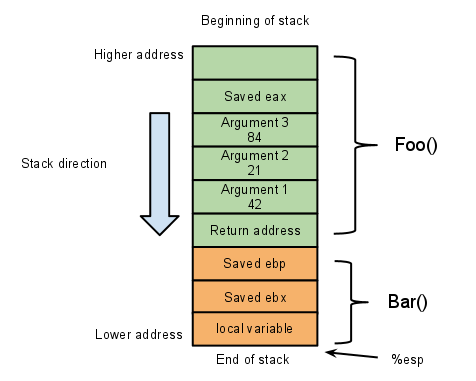
struct Huge {
x: f64,
// all the data
}
// take by reference
fn analyze_data(data: &Huge) -> f64 {
data.x
}
fn main() {
let h = Huge { x: 1.5 };
let res = analyze_data(&h);
println!("{}", res);
}def add_one(x):
return x + 1public static int addOne(int x) {
return x + 1;
}addOne :: (Integral a) => a
addOne x = x + 1function add_one(x) {
return x + 1;
}def add_one(x):
return x + 1public static int addOne(int x) {
return x + 1;
}addOne :: (Integral a) => a
addOne x = x + 1function add_one(x) {
return x + 1;
}

def find(arr, item):
bogosort(arr) // fuck you
for idx, val in enumerate(arr):
if val is item:
return idx
return -1#[derive(Clone)]
struct Huge {
x: i64,
// ...
}
fn immut_transform(data: &Huge) -> Huge {
let mut new_data = data.clone();
new_data.x += 1;
new_data // NOT moved efficiently :-(
}
fn main() {
let old_data = Huge { x: 1 };
let new_data = immut_transform(&old_data);
println!("old: {}", old_data.x);
println!("new: {}", new_data.x);
}impl Huge {
fn new(x: i64) -> Huge {
Huge { x: x }
}
}
fn main() {
let h = Huge::new(12);
}struct Huge {
x: i64,
// ...
}
fn functional_transform(data: &mut Huge) -> &Huge {
data.x += 1;
data
}
fn main() {
let mut fn_data = Huge { x: 1 };
let fn_data = functional_transform(&mut fn_data);
println!("func: {}", fn_data.x);
}struct Huge {
x: i64,
// ...
}
fn procedural_transform(data: &mut Huge) -> &mut Huge {
data.x += 1;
data
}
fn main() {
let mut proc_data = Huge { x: 1 };
procedural_transform(procedural_transform(&mut proc_data));
println!("proc: {}", proc_data.x);
}icons by Alex Krummenacher and Josh Sorosky for The Noun Project


use std::thread;
struct Data {
x: i64
}
fn main() {
let d = Data { x: 1 };
thread::spawn(|| {
println!("x is {}", d.x); // ERROR
});
}use std::thread;
struct Data {
x: i64
}
fn main() {
let d = Data { x: 1 };
thread::spawn(move || {
println!("x is {}", d.x);
});
println!("x is {}", d.x); // ERROR
}where:
T is kinetic energy
V is potential energy
q is position
Strictness / Laziness
a + (b + c)
#include <iostream>
struct Data {
bool val;
};
int main()
{
Data *d = nullptr;
if (true || d->val) {
std::cout << "no error" << std::endl;
}
else {
std::cout << "never executes" << std::endl;
}
return 0;
}
x = 5 y = x + 1 z = y^2 / x result = floor(z)
x = 5 y = 5 + 1 z = (5 + 1)^2 / 5 result = floor((5 + 1)^2 / 5)
fn main() {
let v = 1..1_000_000;
let vs: Vec<_> = v.map(|x| x * 2 ).take(5).collect();
println!("{:?}", vs);
}Not covered:
- cache hit optimization
- polymorphism costs
- concurrency
void quick_sort (int *a, int n) {
int i, j, p, t;
if (n < 2)
return;
p = a[n / 2];
for (i = 0, j = n - 1;; i++, j--) {
while (a[i] < p)
i++;
while (p < a[j])
j--;
if (i >= j)
break;
t = a[i];
a[i] = a[j];
a[j] = t;
}
quick_sort(a, i);
quick_sort(a + i, n - i);
}def quickSort(arr):
less = []
pivotList = []
more = []
if len(arr) <= 1:
return arr
else:
pivot = arr[0]
for i in arr:
if i < pivot:
less.append(i)
elif i > pivot:
more.append(i)
else:
pivotList.append(i)
less = quickSort(less)
more = quickSort(more)
return less + pivotList + morefn quick_sort<T>(v: &mut [T], f: &OrderFunc<T>) {
let len = v.len();
if len < 2 {
return;
}
let pivot_index = partition(v, f);
// Sort the left side
quick_sort(&mut v[0..pivot_index], f);
// Sort the right side
quick_sort(&mut v[pivot_index + 1..len], f);
}
fn partition<T>(v: &mut [T], f: &OrderFunc<T>) -> usize {
let len = v.len();
let pivot_index = len / 2;
v.swap(pivot_index, len - 1);
let mut store_index = 0;
for i in 0..len - 1 {
if f(&v[i], &v[len - 1]) {
v.swap(i, store_index);
store_index += 1;
}
}
v.swap(store_index, len - 1);
store_index
}qsort [] = []
qsort (x:xs) = qsort [y | y <- xs, y < x] ++ [x] ++ qsort [y | y <- xs, y >= x](defn qsort [[pivot & xs]]
(when pivot
(let [smaller #(< % pivot)]
(lazy-cat (qsort (filter smaller xs))
[pivot]
(qsort (remove smaller xs))))))









